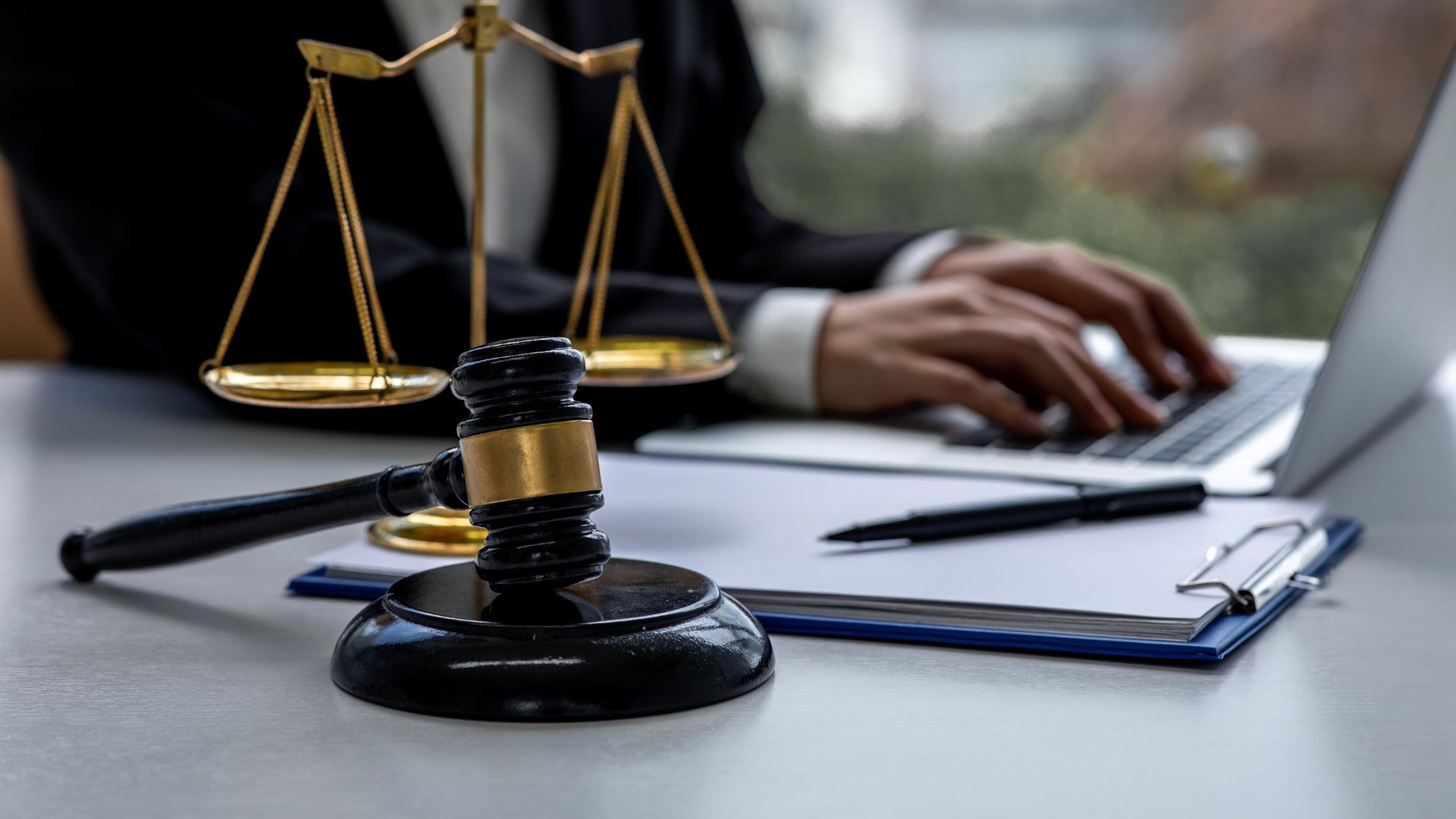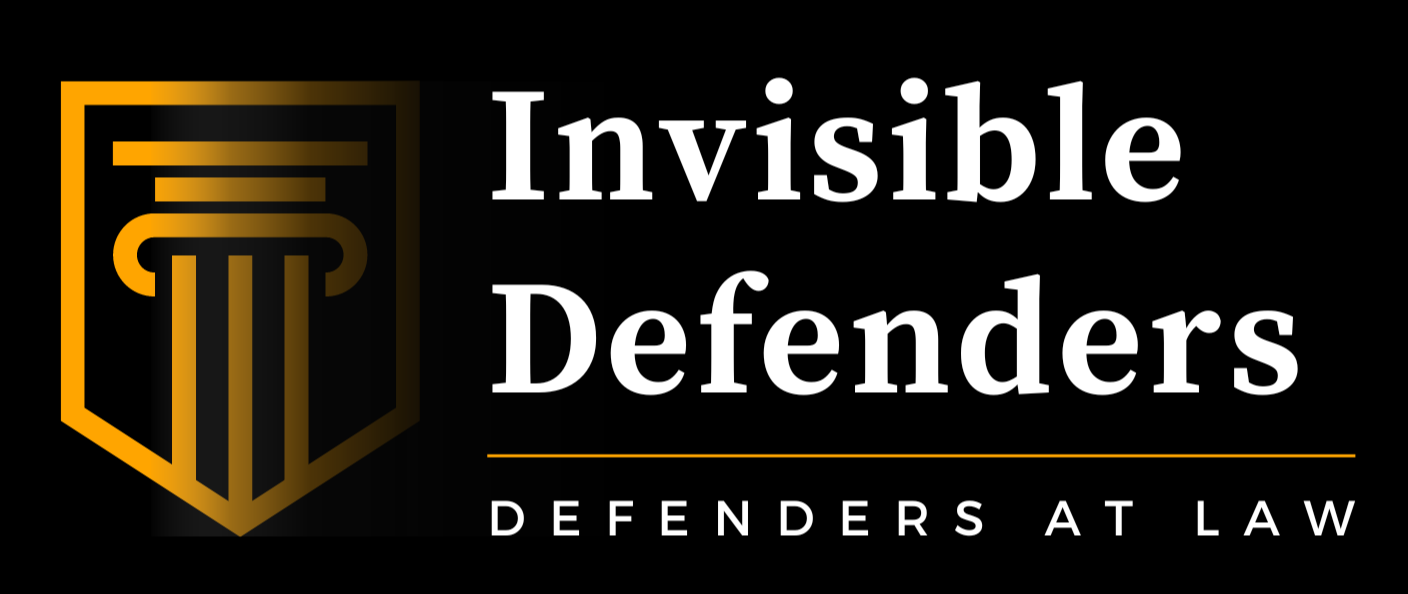
Legal services are an integral part of any society and a critical factor for its development. Lawyers play a key role in protecting people’s rights, defending them in court, and enforcing the law. As such, they are subject to laws and regulations that vary from country to country.
One of the most important regulatory mechanisms is licensing. In most countries, lawyers must pass exams and obtain a license to practice law. But why exactly do we need licenses for lawyers? Why can’t any person just start practicing law without any qualification or preparation?
In this blog post, we will explore the reasons why lawyers should be licensed, and how licensing helps protect the public from unqualified practitioners.
The Current System for Licensing Lawyers is Broken
There are several reasons why the current system for licensing lawyers is broken.
- First, it is difficult to determine who is qualified to be a lawyer.
- The process of becoming a licensed lawyer is expensive and time-consuming.
- Once a lawyer is licensed, there are few restrictions on what they can do. This means that lawyers can charge high fees, provide poor-quality services, and engage in unethical behavior with little consequence.
- The current system gives an unfair advantage to those who come from privileged backgrounds.
The result of these problems is that many people are unable to access quality legal services. This puts them at a disadvantage when dealing with the legal system, and can lead to poorer outcomes in their cases.
It also means that there are fewer lawyers available to help those who need it the most. For these reasons, we must reform the process for licensing lawyers.
The Problems With the Current System For Licensing Lawyers
The current system for licensing lawyers is far from perfect. For one, it can be very difficult to determine whether or not a lawyer is licensed. This is because there are no national standards for licensing, and each state has its process. This can make it hard for consumers to know if their lawyer is qualified to practice law.
Another problem with the current system is that it can be very easy for lawyers to get disbarred. This is because the process of disciplining lawyers is often cumbersome and slow. As a result, many lawyers who have been disbarred continue to practice law, which can be detrimental to consumers.
Finally, the current system of licensing lawyers does not necessarily ensure that lawyers are competent or ethical. This is because there are no mandatory continuing education requirements for lawyers in most states.
As a result, many lawyers may not be keeping up with the latest changes in the law, which could lead to them making mistakes or acting unethically.
How a Licensing System Could Work
A licensing system for lawyers could work in several ways. For example, a state could require all lawyers to pass a written exam before being licensed to practice law. Alternatively, a state could require all lawyers to complete a certain amount of continuing legal education every year to maintain their license.
Another possibility is that a state could establish different levels of license for lawyers, based on experience and/or education. For example, newly-licensed lawyers could be restricted to practicing only in specific areas of law or working under the supervision of more experienced lawyers.
Lawyers with more experience and/or advanced degrees could be granted broader privileges, such as being able to practice in any area of law or represent clients in court.
There are many different ways that a licensing system for lawyers could work, and it would be up to each state to decide what type of system would work best for its citizens.
However, regardless of the specifics, implementing some sort of licensing system would help to ensure that only qualified individuals are practicing law, and would help protect the public from incompetent or unethical lawyers.
The Benefits of Licensing Lawyers
There are many benefits to licensing lawyers. Licensing protects the public by ensuring that only those who are qualified to practice law are allowed to do so. This helps to ensure that the legal system is fair and just and that people have access to competent legal representation.
Licensing also helps to protect the professional reputation of lawyers. By ensuring that only those who are qualified to practice law are allowed to do so, licensing helps to ensure that the public has a high opinion of the legal profession. This, in turn, helps to ensure that people have trust and confidence in the legal system.
So, lawyer licensing is essential to ensure the safety of both lawyers and their clients. Licensing ensures that all lawyers have received the necessary training, completing the relevant courses and exams required to practice law safely and responsibly.
This helps protect vulnerable members of society from possible harm by unqualified or unethical practitioners. Ultimately, this makes sure everyone gets access to quality legal services from qualified professionals who are licensed under state law.
